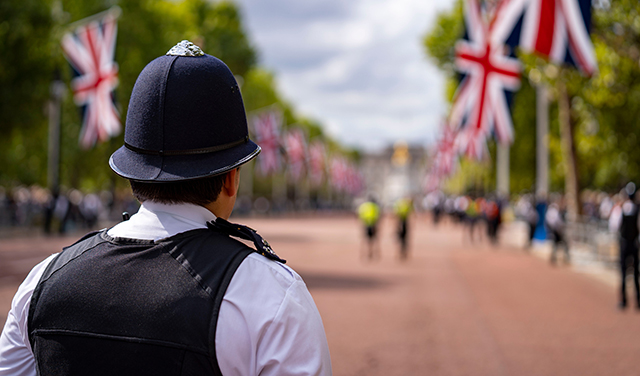News
-
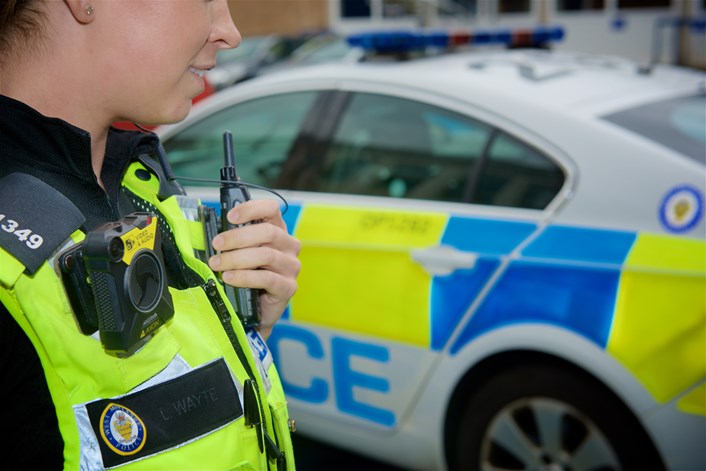
NPCC: We need to make sure frontline officers are able to take their rest days
Recent Freedom of Information statistics show that frontline officers in some forces are owed time off in unclaimed rest days.
The statistics show that a quarter-of-a-million rest days were owed to 70,000 police officers in England and Wales as of September 17 last year.
-
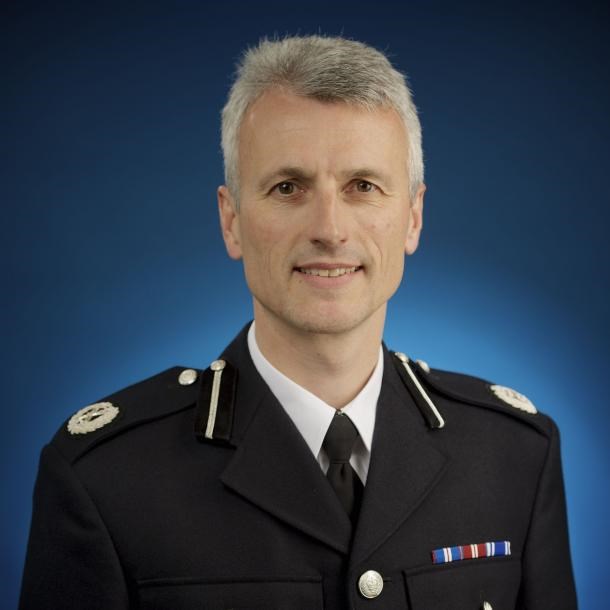
Police Chiefs' Blog: ACC Gary Cann - Many reasons to be proud of our internationally renowned counter terrorism command structures
In a report published last week, Her Majesty's Inspectorate of Constabulary and Fire and Rescue Services (HMICFRS) commended our command of extreme-threat counter terrorism operations.
-
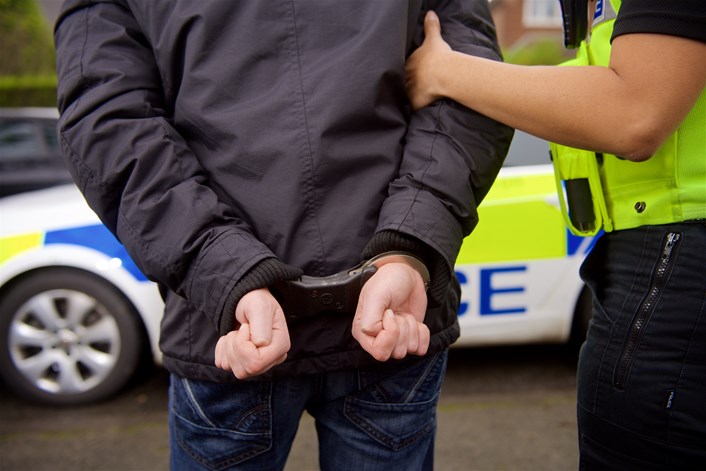
Violent crime: we must back our officers to use their powers with confidence
A long term strategy to tackle the roots of violent crime, learning lessons from the success of Scotland's public health approach, is desperately needed - and I hope that's what we'll see next week from the Home Office's serious violence strategy. But when we have children dying on the streets of our capital, the police's first priority needs to be on what can be done now to stop this waste of life.
-

Counter Terrorism Policing urging public to ACT against online extremism
As part of the ongoing ‘ACT –Action Counters Terrorism’ campaign, UK Counter Terrorism Policing is calling on the public to report any suspicious online content or activity.
-

Investigators need more effective, consistent training on the disclosure process
National Lead for Criminal Justice, Chief Constable Nick Ephgrave says that there is a need for more effective, consistent training on disclosure, but sets out the need to ensure sensitive unused material is not automatically shared.
-
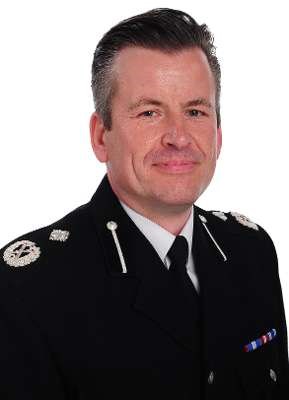
NPCC comments on mobile phone data extraction
On Tuesday 27 March, the National Police Chiefs' Council lead for digital forensics, DCC Nick Baker was interviewed on Victoria Derbyshire. He spoke about how the police approach the issue of mobile phone data extraction, and stressed the importance of balancing proportionality and necessity.
-
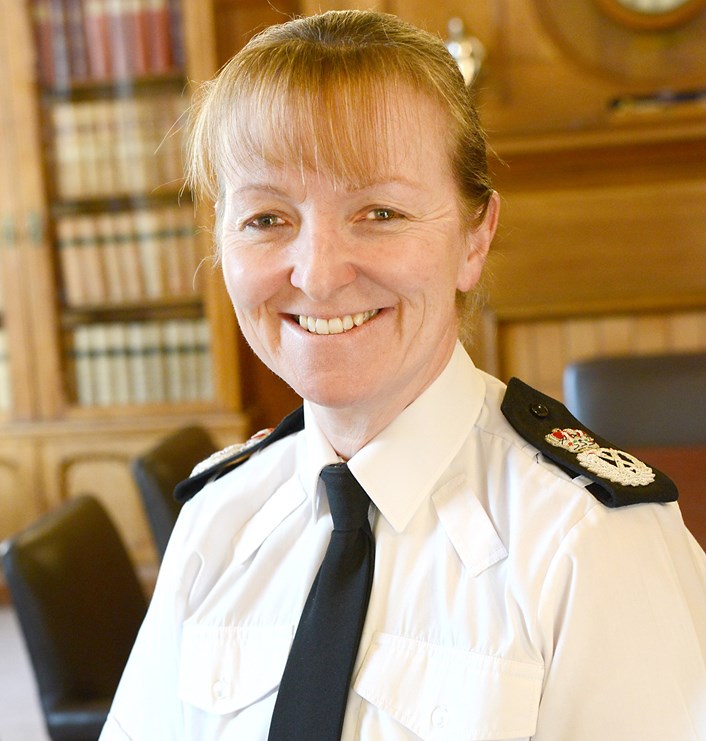
Police Chiefs' blog: CC Dee Collins - Closing the police gender pay gap is going to be hard work but it’s worth it
I’ve spent the last three decades in policing - as a uniformed officer, as a roads policing specialist, Cleveland’s first female armed response officer, and now as a chief constable. In that time I’ve seen a huge cultural shift in attitudes towards women in policing, from a culture where women were a tiny minority and were issued with a force handbag on joining, given a stockings allowance and told we were only allowed to wear trousers on nights, to one where women make up an integral and ever growing part of the service.
-
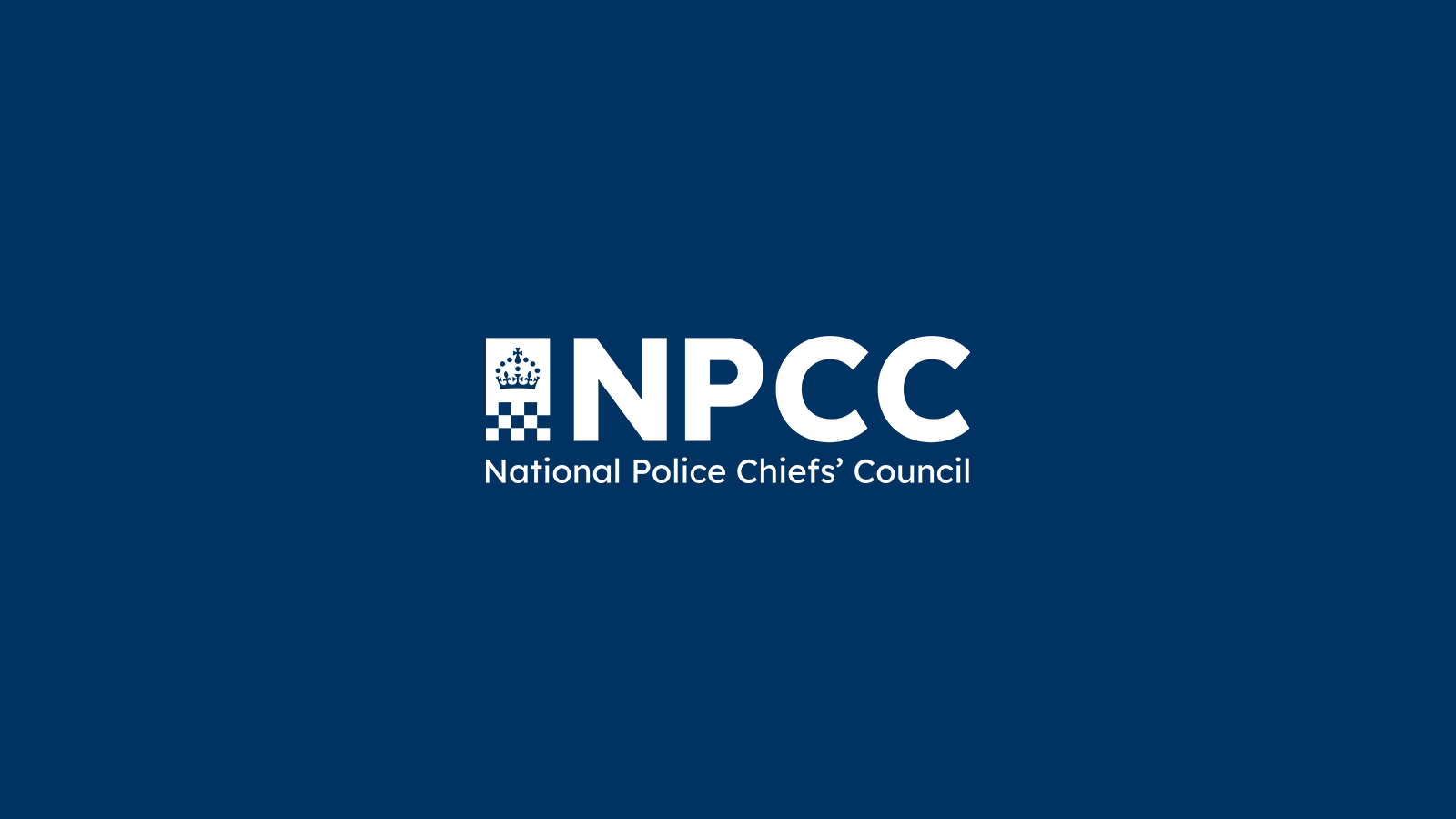
Police identifying more victims of modern slavery than ever before
The Modern Slavery Police Transformation Unit has published its first annual report.
-
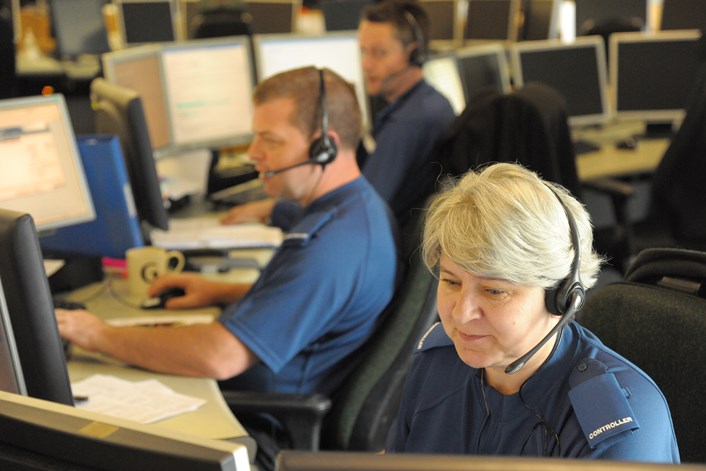
Inspectorate finds policing in England and Wales is effective but under strain
Her Majesty’s Inspectorate of Constabulary and Fire & Rescue Services (HMICFRS) latest assessment of police effectiveness concludes “most police forces are maintaining a good standard of service to the public, despite dramatic increases in demand and ongoing financial pressures, but cracks are beginning to show.”
-

NPCC statement on wanted or missing sex offenders
Responding to reports of the number of recorded wanted or missing registered sex offenders, National Police Chiefs' Council Lead for the Management of Sexual Offenders and Violent Offenders, T/CC Michelle Skeer, said:
-
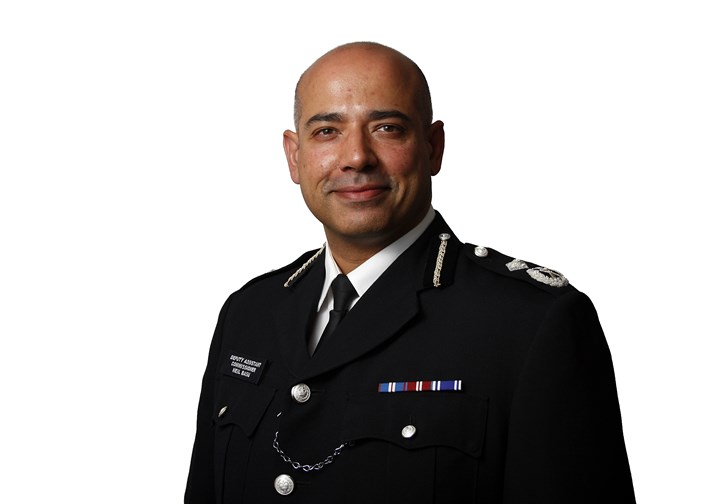
ACSO Neil Basu launches new campaign about terrorist attack planning
The new head of UK Counter Terrorism Policing has used the launch of a campaign about terrorist attack planning methods to reveal that more than a fifth of reports from the public produce intelligence which is helpful to police.
-
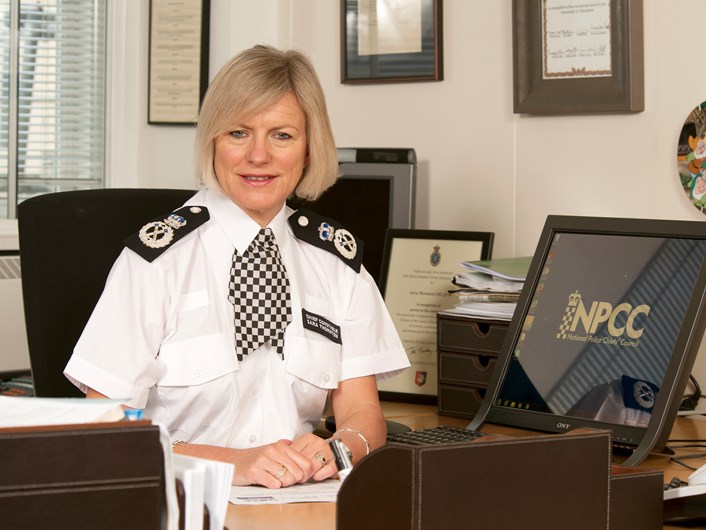
Police Chiefs' blog: CC Sara Thornton on Chief Officers' Day - March 2018
On Wednesday, we held a one day conference for chief officers of all ranks in London. With the aim of ensuring that attendees were briefed on national issues, this conference was designed to enable colleagues to work together more effectively.

